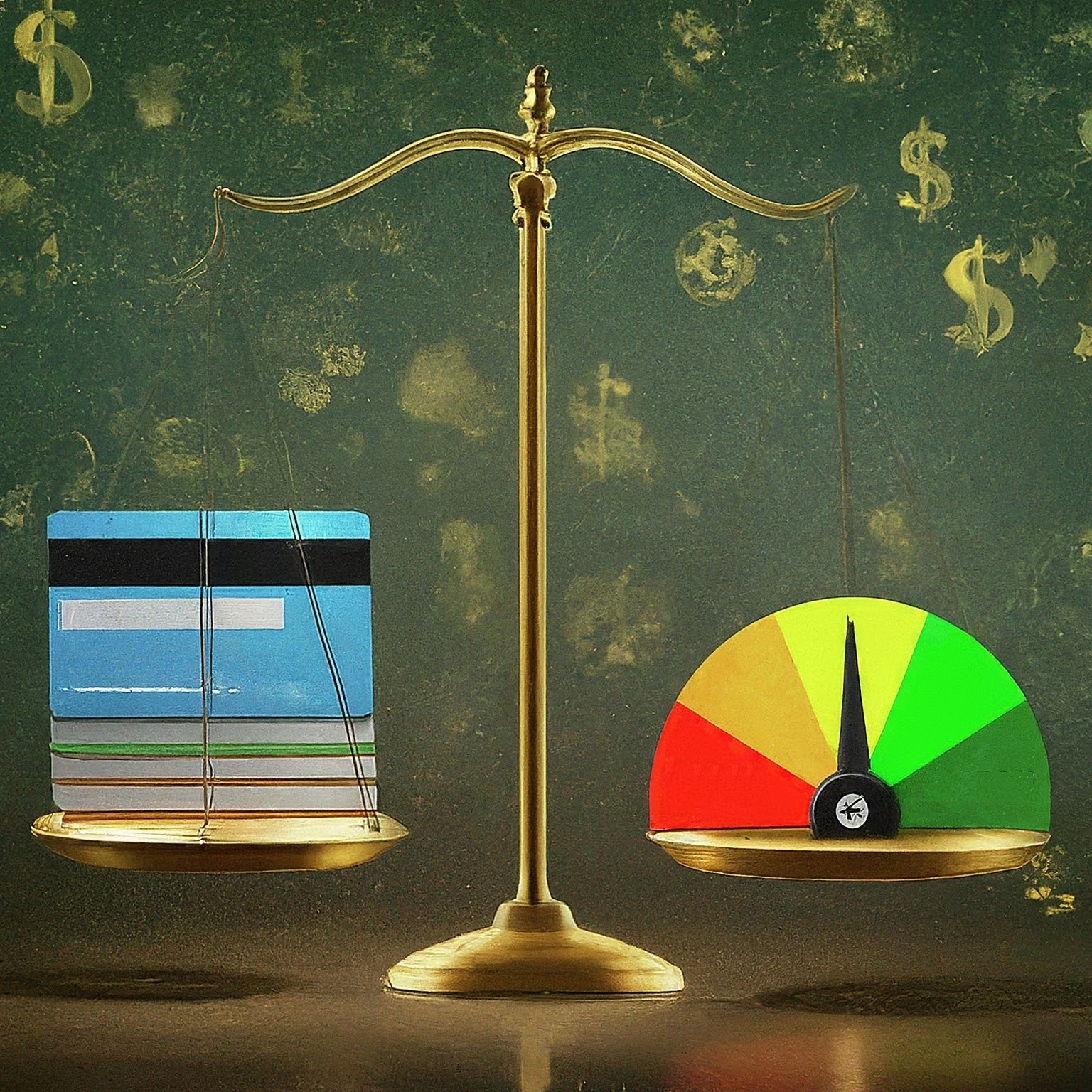- Credit bureaus consider a variety of factors when determining credit scores, not just the quantity of credit lines or their duration.
- Regularly paying off credit card balances in full is crucial to maintaining or improving credit scores.
- The strategic closing of credit cards and transferring credit limits to other cards as a method to manage credit utilization and minimize negative impacts on credit scores.
How Credit Scores Work
Understanding how credit scores are calculated is crucial for anyone looking to manage their finances wisely, especially for those engaged in credit card churning. A credit score is a numerical representation of your creditworthiness, and it’s used by lenders to determine the risk involved in lending you money. It impacts not only your ability to get loans and credit cards but also the interest rates you’ll be offered.
Breakdown of a Credit Score
A credit score is primarily influenced by the following factors:
- Payment History (35%): This is the most significant component of your credit score. It reflects whether you’ve paid past credit accounts on time. Late payments, bankruptcies, and other negative items can significantly harm your score.
- Credit Utilization (30%): This measures the amount of credit you’re using compared to the credit available to you. Lower utilization rates are seen as indicative of responsible credit management.
- Length of Credit History (15%): Longer credit histories are beneficial because they provide more data on your spending habits and payment history.
- New Credit (10%): This includes the number of new accounts you’ve opened and the number of hard inquiries lenders make when you apply for credit. Opening several accounts in a short period can be seen as risky behavior.
- Credit Mix (10%): Having a variety of credit types (e.g., mortgage, car loans, credit cards) can be beneficial because it shows you can manage different types of credit responsibly.
Beyond Number of Accounts and Their Ages
While the number of credit accounts and their ages do play a role, credit bureaus value the broader picture of how you manage credit. Regular, responsible use across a few accounts often outweighs having many accounts you don’t manage well. Lenders and credit bureaus are interested in how well you handle debt across different types of credit, your consistency in making payments, and how effectively you use your available credit without overextending yourself.
The Biggest Factor: Paying Off Balances
Paying off your credit card balances in full each month cannot be overstated. It’s the most straightforward way to demonstrate financial responsibility and avoid paying interest. Carrying a balance not only costs you money in interest but can also negatively affect your credit score by increasing your credit utilization ratio.
Carrying a balance between months can signal to credit bureaus that you’re over-reliant on credit, potentially leading to a lower score. Maintaining low balances and paying them off in full shows that you’re in control of your finances, which can positively influence your credit score.
Mitigating Credit Score Impact
When engaging in credit card churning, timing is everything. It’s best to space out credit card applications to minimize the impact of hard inquiries on your credit score. As for closing credit cards, consider transferring the credit limit to another card with the same issuer if possible. This can help maintain your credit utilization ratio, a key factor in your credit score.
Managing your credit utilization is vital. Keeping your utilization below 30% of your available credit across all cards is a common recommendation. In my opinion, this number should be less than 10%. If you’re closing a card, transferring its limit to another card can help keep your overall utilization low.
Best Practices for Applying for New Cards
- Research before applying: Look for cards that offer benefits aligning with your spending habits and financial goals. Check out the latest card offers here.
- Understand the terms: Be fully aware of any fees, interest rates, and the reward structure.
- Space out applications: To minimize the impact of hard inquiries, it’s wise to wait a few months between applications.
Deciding When to Close a Card
- Evaluate the benefits: If a card’s benefits no longer justify its cost, it might be time to consider closing it.
- Consider the impact on your credit score: Before closing a card, think about how it will affect your credit utilization and the length of your credit history.
- Transfer the limit if possible: If you decide to close a card, ask the issuer if it’s possible to transfer the limit to another card to help maintain your credit score.


